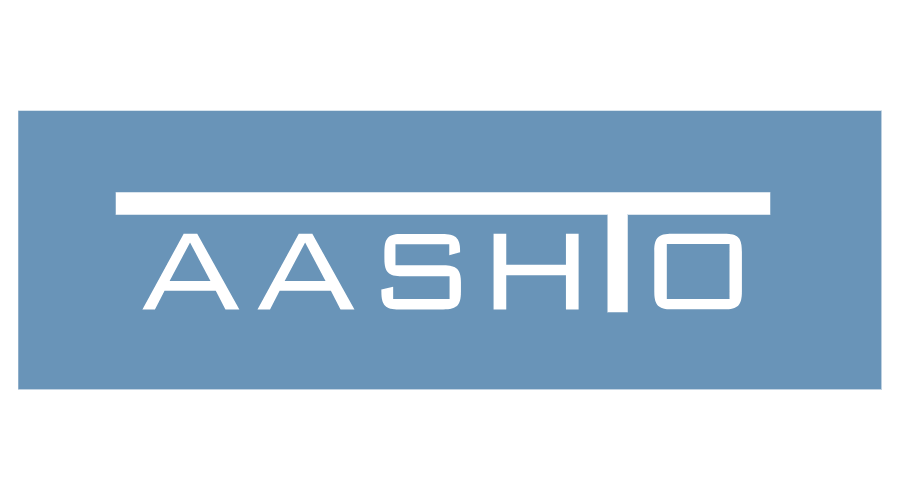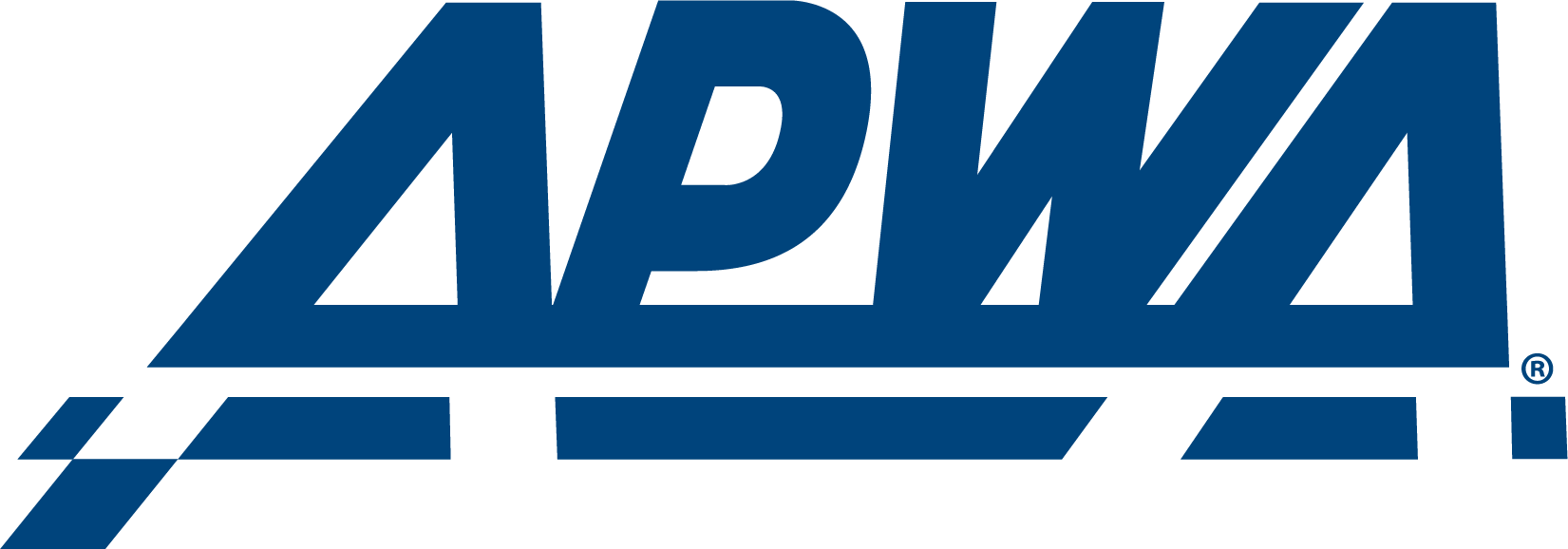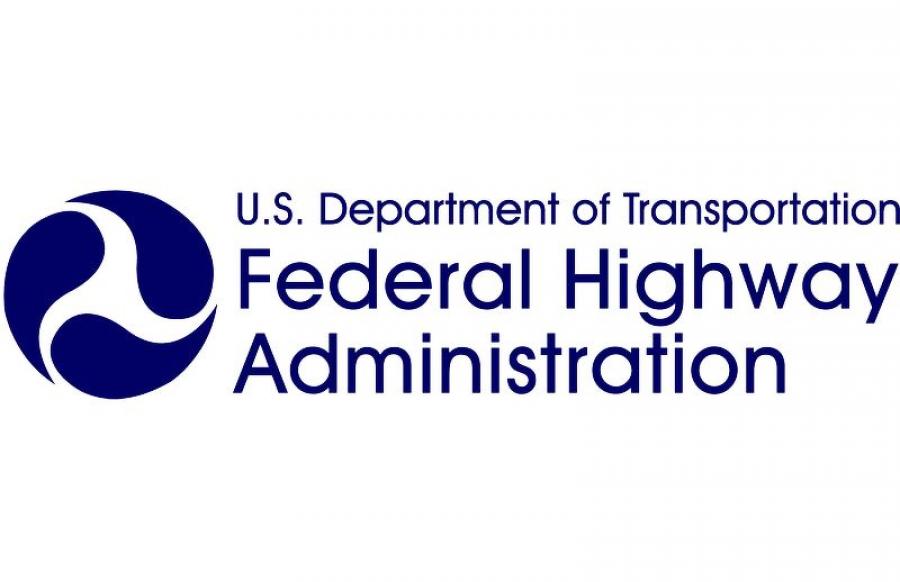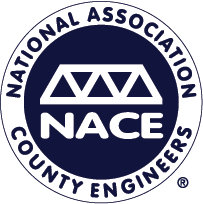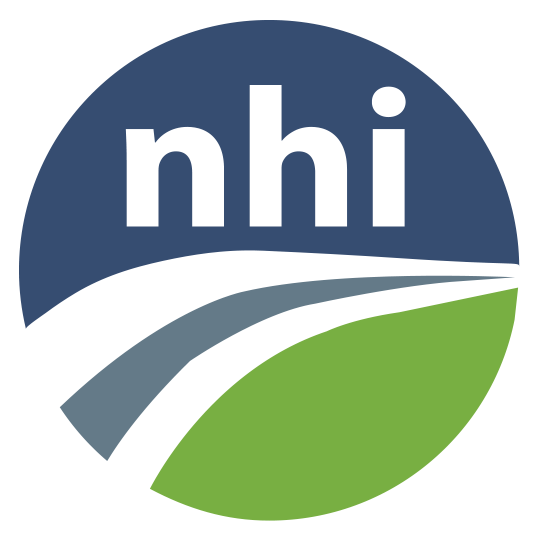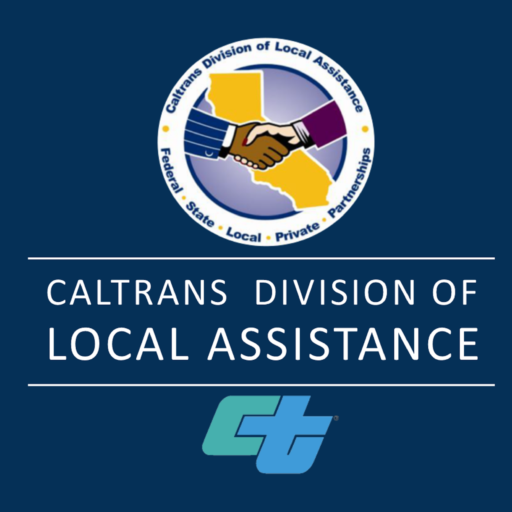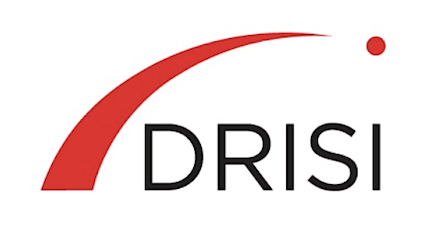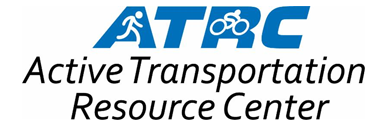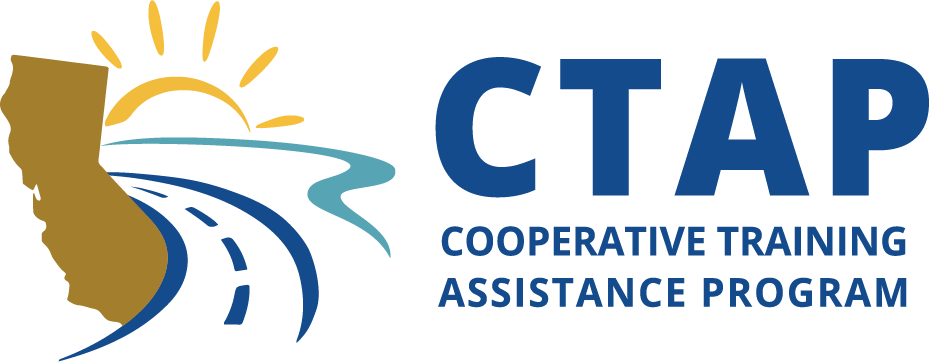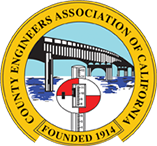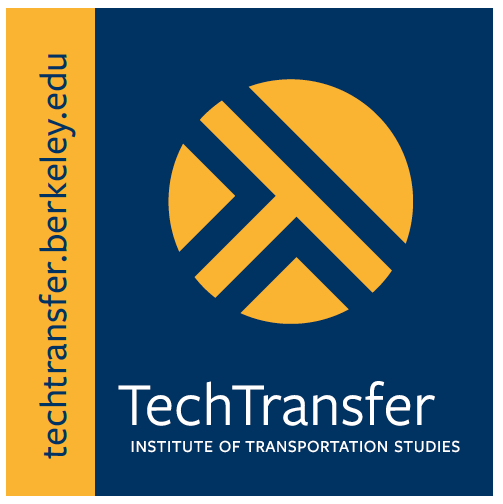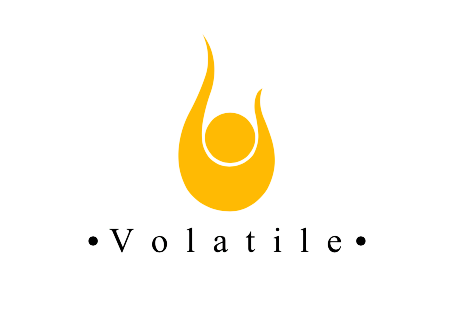Our Partners
CALTAP prioritizes the strategic development and long-term alliance of industry, academic, and government partnerships, as they play a critical role in expanding program reach, representation, and assessment. Ideal partners are those local, regional, and national organizations whose missions align well with that of California’s LTAP and who (a) represent a key target workforce, (b) offer a scope of influence within that workforce, and (c) are invested in establishing safe, reliable, and effective transportation systems through local agency professional development and technical support.
National Organizations
Our national partners share a commitment to the federal Local Technical Assistance Program in a way that goes beyond California’s boarders to support every state and tribal community.
American Association of State Highway & Transportation Officials
AASHTO is a nonprofit, nonpartisan association representing highway and transportation departments in the 50 states, District of Columbia, and Puerto Rico. AASHTO represents all transportation modes (air, highways, public transportation, active transportation, rail, and water) with the goal of fostering the development, operation, and maintenance of an integrated national transportation system. AASHTO works to educate the public and key decision-makers about the critical role that transportation plays in securing a good quality of life and sound economy for our nation, and serves as a liaison between state DOTs and the federal government. AASHTO is an international leader in setting technical standards for all phases of highway system development, including design, construction of highways and bridges, materials, and other technical areas.
American Public Works Association
APWA serves public works professionals by spotlighting the work they do and creating connections that help the public works community grow and succeed. Supporting those who operate, improve, and maintain our public works infrastructure, APWA advocates for this workforce in pursuit of its four strategic goals: promote the value of public works and enhance its visibility and awareness; be the voice of public works to government leaders, the public, and the media; provide excellence in education and credentialing; and deliver an outstanding and valuable membership experience in collaboration with local chapters.
Federal Highway Administration
FHWA provides stewardship over the construction, maintenance and preservation of the nation's highways, bridges and tunnels. FHWA also conducts research and provides technical assistance to state and local agencies to improve safety, mobility, and to encourage innovation. Through financial and technical assistance to state and local governments, the Federal Highway Administration is responsible for ensuring that America’s roads and highways continue to be among the safest and most technologically sound in the world. FHWA co-funds California's Local Technical Assistance Program in partnership with the state DOT (Caltrans).
National Association of County Engineers
NACE is a nonprofit, nonpartisan professional association that provides a national voice for safe, efficient county roads and bridges. Across the U.S. counties own and maintain 46% of the nation’s roads and 40% of the bridges, making them the single largest stakeholder in local road and bridge construction, rehabilitation, expansion and maintenance. NACE advocates to federal officials and lawmakers the importance of funding these county-owned assets. With nearly nearly 3,000 county engineers, road managers, and related professionals in the US and Canada, NACE members rely on the information and awareness NACE provides on the latest innovations in engineering technology, best practices, management systems, and software.
National Highway Institute
NHI, the training and education arm of FHWA, has a long and rich history of innovation and expertise in delivering transportation training. Improving the conditions and safety of our nation's roads, highways, and bridges means continuously building on the skills of highway professionals and enhancing job performance in the transportation industry across the country. NHI ensures their constituents receive the highest quality training by staying on top of the latest digital tools, adult learning research, and industry advancements to deliver the knowledge they need to succeed. NHI offers Instructor-led training from short, 1-day courses to multi-week sessions, in addition to a catalog of web-based trainings available online 24/7.
National Local & Tribal Technical Assistance Program Association
NLTAPA is a not-for-profit organization representing and serving the 52 LTAP and TTAP member-centers in the United States and Puerto Rico, with the goal of building awareness about the Local Techical Assistance Program within the transportation community, assisting FHWA with developing program strategies, and building the capacity of each center to best meet the needs of its customers. NLTAPA works in concert with FHWA’s Center for Local Aid Support (CLAS) to help guide the overall Local Techical Assistance Program. Through CLAS, FHWA provides direct services, support and stewardship to LTAP/TTAP, including assistance for national NLTAPA activities and annual program conference and meetings. FHWA also provides operational and informational support to centers through CLAS.
National Transportation Training Directors
NTTD was formed in 1980 to improve the development and delivery of technical and organizational transportation training, improve training outcomes, institute best practices, reduce costs, accelerate training delivery, and assess competencies of employees. NTTD's network of training and education professionals share current technology and materials, information, products, and services among state transportation training directors who are free to use and modify them for their specific department needs. NTTD offers more than 25 years experience engaging in an open exchange of course curriculum, content, best practices, practical advice, and guidance to all who request it.
Strategic Alliances
Our strategic partners share a common mission to serve California’s local and tribal public agencies with the professional training and technical assistance needed to ensure our state’s surface transportation workforce remains one of the best qualified in the nation.
Caltrans Division of Local Assistance
Caltrans DLA oversees in excess of $1B in annual progam funding for California's 600+ cities, counties, and regional agencies to improve their transportation infrastructure and provide transportation services. This results in roughly 1,200 new projects authorized every year. To support the equitable access to, efficient mangement of, and compliant completion of these programs, DLA offers training for their local and tribal agency partners in coordination with both the Local Technical Assistance Program (LTAP) and the Cooperative Training Assistance Program (CTAP). Delivered in partnership with California universities, this training is designed to assist agencies with fundemental requirements like navigating the federal-aid process, infrastructure management, worker and work site safety, and workforce development. The DLA team maintains a local assistance blog that provides LPAs with the latest in training and regulatory updates.
Caltrans Division of Research, Innovation, & System Information
Caltrans DRISI advances California’s transportation system, develops comprehensive transportation solutions, and creates and distributes transportation-related knowledge and information by continuously working to turn innovative ideas into sustainable solutions that address a wide range of transportation challenges. Reflecting Caltrans' mission to provide a safe, sustainable, integrated, and efficient transportation system to enhance California’s economy and livability, DRISI manages a comprehensive research program to discover, develop, test, and evaluate transportation innovations whose methods, materials, and technologies enable Caltrans to promote safety, enhance mobility and sustainability, improve the management of public facilities and services, and protect public investment in transportation infrastructure.
California Active Transportation Resource Center
ATRC is funded by an Active Transportation Program (ATP) grant through the California Department of Transportation (Caltrans). Utilizing a network of subject matter experts from state agencies, universities, and consultant organizations to provide active transportation training, tools, and technical assistance, the ATRC mission is to provide resources, technical assistance, and training to transportation partners across California to increase opportunity for the success of active transportation projects.
California Workforce Association
CWA is a non-profit member association representing all 45 of California's Workforce Development Boards (WDBs), as well as over 70 other affiliate members from labor, education, industry, Chambers of Commerce, government and community-based organizations. WDBs are the broker and convener of the workforce system on a local level in the state of California. They are business-led, governed and supported by local elected officials. Established by the Workforce Investment Act of 1998, WDBs have seen their role increase through the passage of the Workforce Innovation & Opportunities Act of 2014. Through this network, CWA's goal is for the U.S. to remain competitive in the global marketplace by investing in our workforce: economic competitiveness begins and ends with worker training, education and deployment.
CSU Sacramento Cooperative Training Assistance Program
CTAP is a funded partnership between Caltrans DLA and the Sacramento State College of Continuing Education to provide training and technical assistance as part of California's local assistance program. CTAP provides subsidized, practical training for transportation professionals in California's cities, counties, and regional transportation agencies, with a specialization in the areas of state/federal-funded program regulations and compliance, including the Federa-Aid Series courses and Resident Engineering Academy.
County Engineers Association of California
CEAC, formed in 1914, is comprised of county engineers, public works directors, county road commissioners, and similar professional personnel throughout California’s 58 counties, with the purpose of advancing county engineering and management by providing a forum for the exchange of ideas and information aimed at improving service to the public. CEAC's objective is to accomplish the advancement of engineering methods and ethical practice through networking efforts of all 58 counties in the state. Through discussion, interchange, and dissemination of engineering and administrative data/ideas, the organization strives to affect “maximum efficiency and modernization in engineering and administrative units of local government.”
California Rural Counties Task Force
RCTF is an informal organization that meets regularly to represent the needs of California's rural counties, which generally have populations less than 250,000 and no single urbanized area greater than 50,000. These rural counties provide food, fiber, timber, and mineral products for California industry and residents, as well as recreation for urban residents and tourists. To provide an opportunity for rural counties to remain informed, have a voice, and become involved with changing statewide transportation policies and programs, the RTCF was formed in 1988 as a joint effort between the California Transportation Commission (CTC) and the state's rural counties. Toeday, there are 26 rural county Regional Transportation Planning Agencies (RTPAs) or Local Transportation Commissions represented on the RCTF, which meets monthly with CTC and Caltrans staff to discuss changing statewide transportation issues that may be of concern to rural counties.
UC Berkeley Tech Transfer Center
TechTransfer is the California transportation community's source for training, continuing education, and professional development, conducting classes both in-person and online via open enrollment, contracted cohort, host workshops, and conferences. TechTransfer courses span the transportation-related areas of planning and policy, traffic engineering, project development, infrastructure design and maintenance, safety, environmental issues, complete streets, active and multimodal transportation, rail, and aviation. Their team serves more than 25,000 public and private transportation agency personnel working for our state's 476 cities, 58 counties, and 50+ regional transportation planning agencies (MPOs, RTPAs, CTCs and CMAs) by conducting over 80 events every year that are attended by over 3,000 people.
Volatile Studios
Volatile Studios was established to develop custom digital solutions to real-world business challenges in "an increasingly volatile business environment" by following a simple formula: innovate to meet mission critical client needs and build products and services on the foundation of higher standards and principles. Since thier founding in 1998, the Volatile development team has lead numerous projects to provide customized digital products and systems, each benefiting from their substantial client portfolio of websites, multimedia, apps, CRM systems, mobile interactivity, database development, corporate identity, ecommerce, advertising, web hosting, marketing, and SEO/SEM. Based in Long Beach California, Volatile's clients include Toyota, Lexus, Oakley, the METRANS University Transportation Center, and CALTAP.

Western Tribal Technical Assistance Program
The Western TTAP, located at the National Indian Justice Center (NIJC), serves and represents all tribes in the U.S. Department of the Interior's Indian Affairs Pacific and Western regions, which includes federally recognized indigenous communities in five states: Arizona (except for Navajo Nation), California, Hawaii, Nevada, and Utah. The Western TTAP mission is to serve as a go-to local resource for tribal transportation training, technical assistance, and technology transfer needs and opportunities to effectively carry out the TTAP vision: "Through mutual respect and understanding, enhance the quality of life in tribal communities by building capacity for Tribes to administer and manage their transportation programs and systems."
